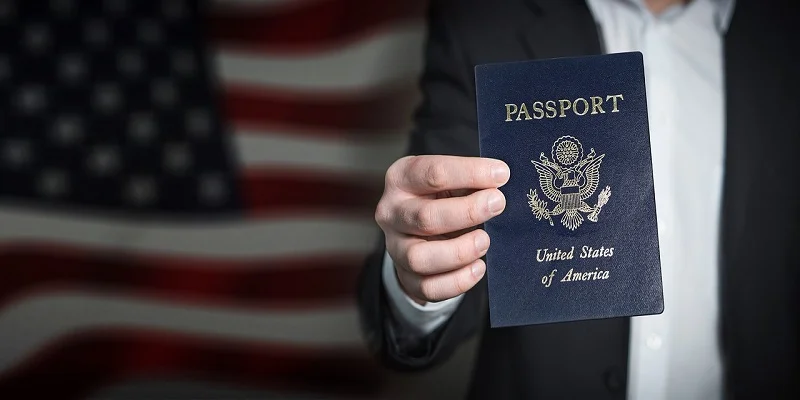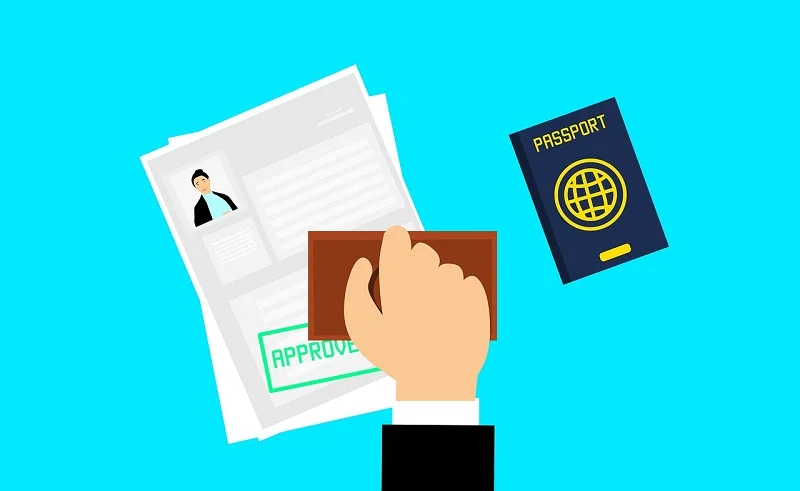Changing visa policies and technology are reflected in Google searches for the latest trends on visa applications. Professionals are now more mobile than ever, and remote working is becoming the norm. Various nations are vying to attract these digital nomads, particularly Americans.
These trends are reflected in visa policies and technology changes, as travelers demand more efficient and secure visa management solutions. You can visit https://www.ivisa.com/india-visa-application to keep updated. Here are some of the latest trends in visa management and how they can help you plan your next trip.

Demand for H1B visas
In recent years, the U.S. digital economy has grown, and companies headquartered in the tech industry have increased their demand for H1B visas. In addition, technology services are increasingly globalized; workflows wherever the talent is located.
As a result, these companies need a highly skilled pool of foreign-born employees to fill vacancies in high-demand STEM fields. Moreover, these workers are highly mobile, inspired by American culture and ideals, and contribute to the U.S. economy.
Moreover, the demand for H1-B visas is increasing, with 75% of applicants requiring at least a bachelor’s degree in science or engineering. In addition, more than half of H1B visa applications require significant mathematical or engineering skills.
Currently, the number of available visas is capped at 65,000 per fiscal year. However, an additional 20,000 passes are reserved for individuals with a master’s degree, and government research organizations are exempt from the cap.
Changes in visa categories
Recently, the Japanese Diet approved a bill that would loosen the restrictions on labor migration and create two new visa categories for foreign workers.
The bill intends to ease a labor shortage in Japan, a country with a low birth rate and an aging population. However, the account is not without its critics, both in the Diet and among the general public. So, what exactly does the bill mean?
The main change in the proposed rule would be to remove the current time limits for each visa category and set fixed end dates instead. Individuals with an F-1 visa can stay in the country until the program is complete, so long as they meet the requirements. The new proposal would apply to the F, J, and I visa categories, foreign journalists, and individuals with unique skills.
The proposed rule would require a four-year expiration date for F-1 visas and two-year extensions for work-and-study-based exchange visitor programs.
Wait times for E2 visa applicants
While President Obama has made great strides in improving the country’s immigration system, wait times for E2 visa applicants remain unacceptably high. During the worst of the Covid-19 pandemic, many U.S. consulates experienced extensive backlogs.
Wait times were as long as seven to ten months. After the pandemic passed, many consulates reopened with limited capacity. Consequently, there is an extremely high chance that the wait times for E2 visa applications will continue.
The time it takes to process your E2 visa application varies depending on when you apply to the USCIS. If you plan to use outside the U.S., you should allow three to six months before processing the application.
After that, you can check the status of your application online to determine if it has been approved. If approved, your visa will be valid for two years. Then, if you decide to stay, you can renew it every two years, so long as you have the eligibility.
Impact of COVID-19 on H1B visas
As the COVID-19 pandemic unfolds, employers must consider the impact on their current and future H-1B visa workers. This situation can create employee challenges, such as office closures and changes to H-1B job locations. The virus’ spread has also caused a social distancing effect. Therefore, COVID-19 may also disrupt the hiring process for H-1B workers.
Also Read;-
One such example of the impact of COVID-19 on H1Bs is the risk that US-based businesses may face if they petition for L-1 visa workers. These employers must demonstrate that they maintain an office, even if they move to a new location. Once the petition is approved, it is up to the company to prove that the new site is suitable for its operations.
The impact of COVID-19 on H1Bs is unknown, but the virus’ effect on the U.S. government is already apparent. For example, the USCIS has shut down field offices and canceled naturalization oath ceremonies in Washington, and the Seattle Immigration Court has temporarily closed. In addition, the New York City Marriage Bureau has closed until further notice. As a result, filing for an H1-B visa may take longer than usual.
